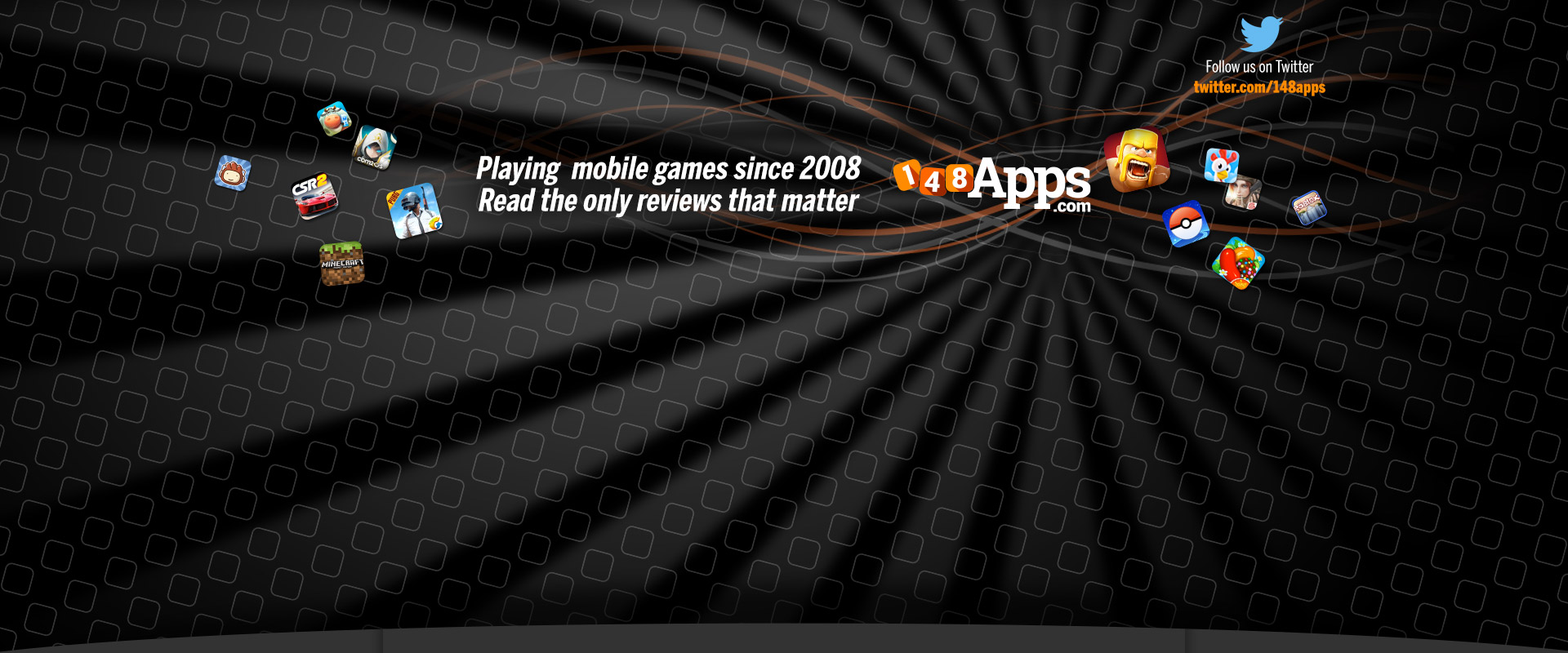Best-Selling Author John Scalzi Chats About The Storyline of Industrial Toys' Upcoming SciFi Shooter, Morning Star

John Scalzi and Alex Seropian have worked together in the past, so when it came time to find a writer for his upcoming science fictional shooter game, Morning Star, Seropian contacted author Scalzi (Redshirts, Old Man's War). Scalzi says his novels have always been influenced by video games, including Half Life, and that he's always wanted to work in the medium. His favorite genre? First person shooters.

"Alex and I have been gamers for a very long time," he said. "Marathon was my first FPS. We've been living these games for the last 15 years. You can't be a writer without being a reader, and you need to do the same thing as a gamer/game writer. For example, Half Life was the first video game that I went back and re-read. The narrative and the gameplay made me go back again and again. System Shock two - scared the shit out of me. Bioshock, most recently, which is a commentary about one man standing alone. All of that goes into the pot."
Scalzi doesn't want to do the same old thing, however. "Shooters are a very rich field for SF and fantasy," he said, "(so) a lot of the low hanging fruit has already been done." He wanted to do something original, not use the same set up as other games in the genre. He started by looking at other games to see which elements haven't been overused and overplayed to inform his own work for Morning Star. This gave him a set of concepts and ideas that he could use in novel ways. "It's like doing improv," he told us, "you've got a wrench, a Ciera, and Nietche: put them together and go! As a storyteller, that's actually fun. Limitations aren't limiting: the combinations will make or break a story."
Scalzi notes that writing for a video game is a lot different than writing for a novel. The technology included in the game must tie in with the story, must drive the storytelling. He didn't want to work to create a game that would simply show off cool technology, either, "like a movie with awesome special effects but a crap story." Instead, he says that the platform itself informs the storytelling, in terms of what can be done that makes sense within that story. "We wanted to make a seamless connection between story and technology," he said.

The process he and the Industrial Toys team worked out includes a lot of back and forth collaboration. While Scalzi spent some time putting together the universe of the game and the overarching themes, the actual storytelling is happening in deep connection with the development team.
"We figured out what the universe is, the races, the mechanics, etc." said Seropian, chiming in. Both men said they didn't want to just deliver story via cutscenes. "In examples of games that work," Seropian said, "I agree with John--they programmatically move the story forward, rather than just using pre-written prose. This adds multiple layers of texture. We can deliver story through combat dialog, spurious conversation, and stuff you find in the world."
Scalzi is also quick to point out that even though the technology is groundbreaking, and the story original, that there will be familiar things to help gamers feel comfortable, at least initially. "The game play mechanics will be innovative, but one thing you also want to do is give people some comfort to hang on to," he said. "The set up for the story is familiar on purpose."
Scalzi pointed out that even the movie, Avatar, with its groundbreaking visual and movie-making technology, had to have a story that was within a comfort zone for the audience, who needs to be able to understand what's going on. Because of that, he said, "some elements (of Morning Star) will seem familiar, because of the FPS format: there will be shooting, there will be malevolent aliens, etc. Once the audience is connected, thought, there will be new game play and story elements that have been underutilized heretofore. We want to be incredible, but absolutely in our own time."
Bottom line, both Scalzi and Seropian are putting their hearts and minds into the creation of this game. What's next on the horizon for Morning Star? Seropian said that the team is currently working on how music will fit into the universe and the gameplay.
Scalzi says there will me more reveals in terms of the content of the story, and that there will be some cool surprises ahead. "It's gonna be worth it," he said. "We want you to play the game and love the world we're creating as well."


